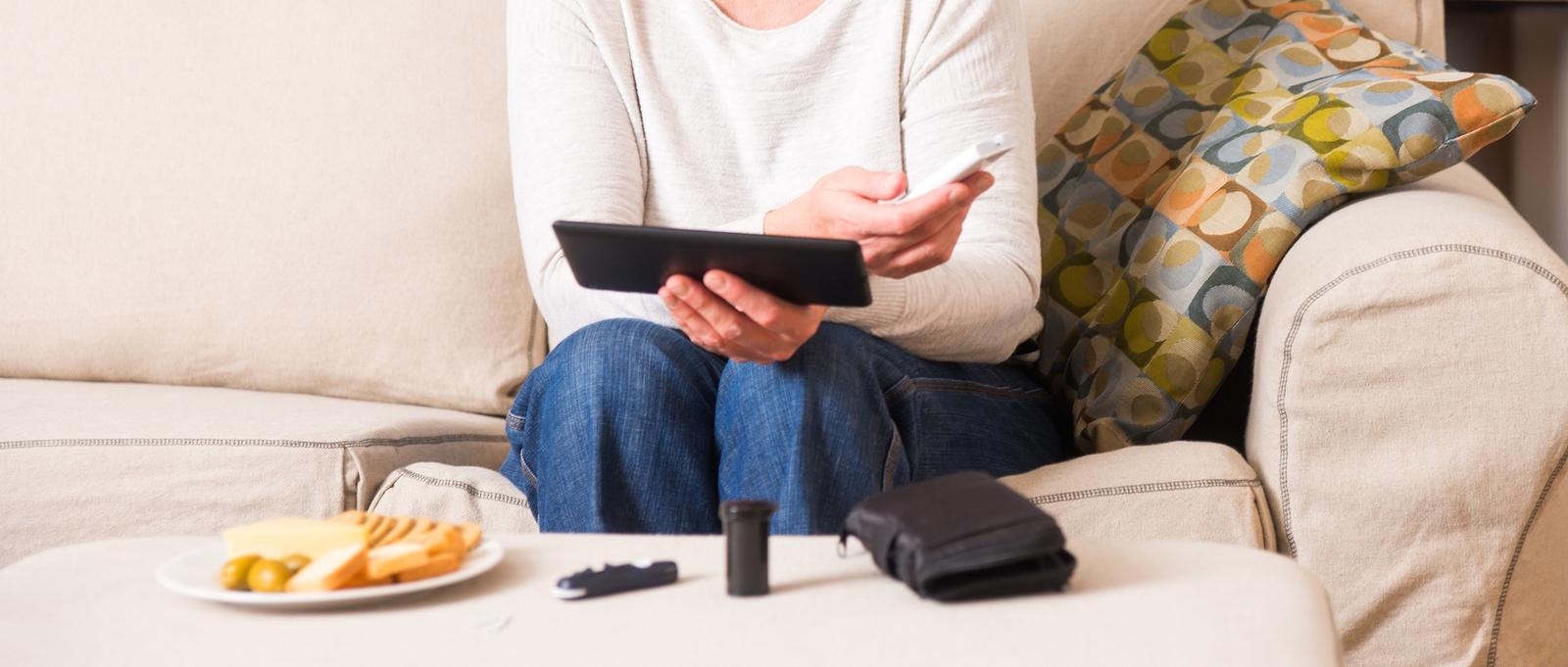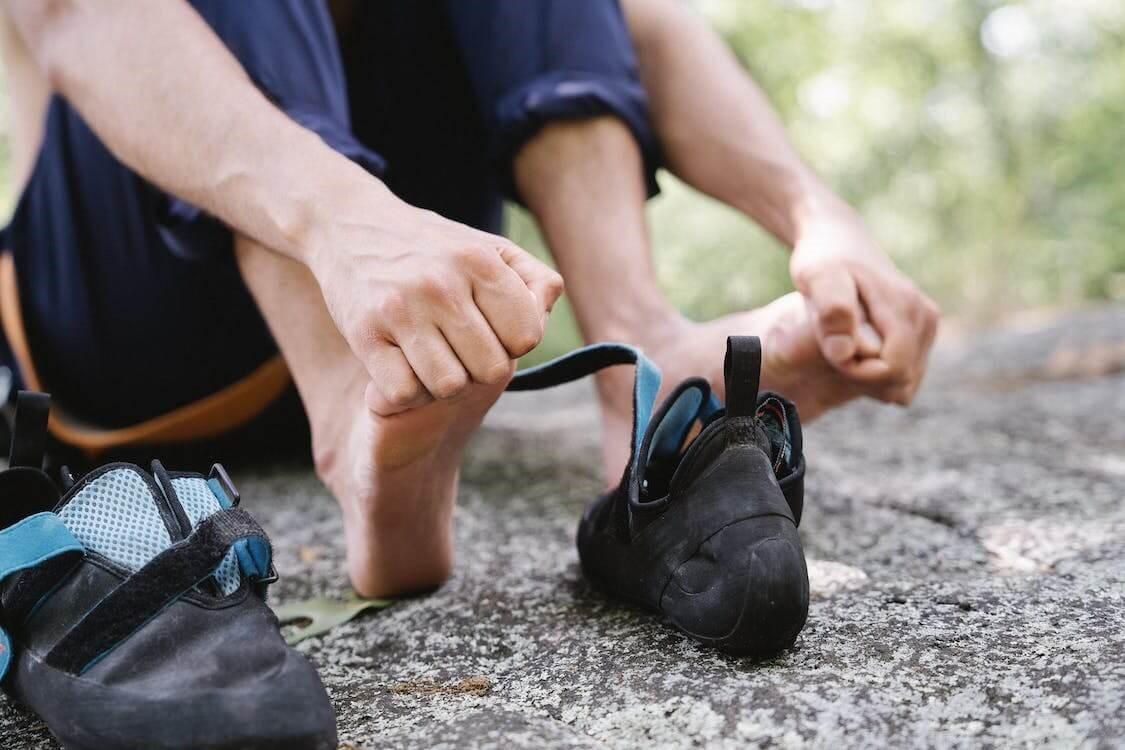
Parler de son diabète à son partenaire
Révision par les pairs : Dr Sarah Jarvis MBE, FRCGPAuteur : Danny ChadburnPublié initialement le 27 septembre 2017
- TéléchargerTélécharger
- Partager
Whether you’re newly diagnosed with diabetes or have been living with the condition for years, when and how to tell a new partner about your diabetes can be scary prospect.
Dans cet article :
It’s actually quite a common concern. ‘We launched our campaign #TheOne precisely to help people feel more comfortable discussing sex and relationships if they have diabetes,’ says Libby Dowling, senior clinical advisor for Diabetes UK.
Here’s the low-down on discussing diabetes with your date.
Poursuivre la lecture ci-dessous
Does age make a difference?
‘Often, teenagers and young adults have the most concerns,’ says Dowling. ‘They want to fit in and worry they’ll be seen as different, that partners might misunderstand their condition or not like them as much.
‘People in their 30s and 40s tend to have lived with the condition for much longer (if it’s type 1) and feel more comfortable discussing it.’
Sélection de patients pour Diabète sucré

Diabète
Comment la technologie change le diabète
Le rôle de la technologie dans le traitement du diabète continue de se développer à grande vitesse. Les développeurs et les chercheurs travaillent à la création d'un grand nombre d'outils technologiques différents destinés à faciliter de nombreux aspects du diabète, notamment le diagnostic, l'information des patients, le traitement, la surveillance des niveaux de glucose, la détection des complications et même la fourniture de soins individuels aux patients par le biais de la télémédecine.
par le Dr Colin Tidy, MRCGP

Diabète
Neuropathie diabétique
La neuropathie diabétique est un type de lésion nerveuse qui peut survenir en cas de diabète. La neuropathie diabétique est une complication courante du diabète de type 1 et du diabète de type 2. La meilleure façon de prévenir ou de traiter la neuropathie diabétique est de bien contrôler sa glycémie (taux de glucose) et sa tension artérielle, de se soumettre à des contrôles réguliers du diabète et d'éviter de fumer. Les résultats d'une neuropathie diabétique précoce peuvent être bons, mais une neuropathie grave est souvent associée à des résultats médiocres.
par le Dr Rosalyn Adleman, MRCGP
What about type?
Diabetes UK’s #TheOne campaign is designed to help those with type 1 diabetes, mainly because it’s a more obvious and involved condition to live with.
‘It’s harder to hide, because you’ll be frequently testing your blood sugar levels, counting carbs, injecting or wearing a pump,’ says Dowling. ‘If your first date with someone is in a restaurant, the subject may come up sooner rather than later.’
If, on the other hand, you have type 2 diabetes, you’re not likely to be on insulin or have medication that would be obvious on your first dates. But telling a date can lead to some people feeling judged.
Dowling says, ‘They tell us they feel a diagnosis of type 2 identifies them as being overweight or having a poor lifestyle, so they feel guilty or embarrassed about sharing the information.’
Poursuivre la lecture ci-dessous
When should you tell them?
There’s no ‘right’ time or place to tell your date about diabetes, it’s down to what you feel comfortable doing. Some people like to reveal all straight away - putting on their online dating profiles - or test their blood openly in front of others. Others prefer to wait until they’ve made more of a commitment and the time feels right to talk it through.
‘Our general advice is to be open and not ashamed or embarrassed,’ says Dowling. ‘Diabetes is a part of you, it’s not going anywhere and the vast majority of people are likely to be supportive.’
La sécurité avant tout
If you have type 1 diabetes and are taking insulin or other medication, there are safety reasons why your date needs to know about your condition. ‘If you were to have a hypo in their company, they might panic and not know what to do without the right information,’ says Dowling.
Dating often involves going to pubs and drinking alcohol, but the signs of a hypo can be very like those of being drunk. Alcohol can also make low blood glucose more likely. Dowling says, ‘It’s important to make your date aware of the signs and tell them what action to take, such as getting you a sugary drink.’
Poursuivre la lecture ci-dessous
As a relationship progresses
Over time, you’ll want to talk about your condition more, and it’s likely to become more of a consideration. ‘Sex is a form of exercise so it can make blood sugar levels drop - you could have a hypo during sex and that can impact on everyone’s enjoyment,’ says Dowling.
‘You’ll want to tell your partner before you take your clothes off if you have an insulin pump too - although some people are so used to it they feel it’s a part of them, so they forget. You can choose to disconnect it or not when you’re being intimate, but showing someone and answering their questions before the heat of the moment is probably easier for you both.’
Dealing with complications
Both types of diabetes can cause nerve problems, including erectile dysfunction in men, and vaginal dryness and loss of sensation in women. High blood sugar also comes out in urine, which can result in an increased chance of urinary tract infections, thrush and itching - all of which can affect enjoyment of sex.
‘These are all problems doctors can do something about, so don’t be afraid to discuss them with your GP or nurse,’ says Dowling. ‘There are lots of treatments available so there’s no need for them to affect your relationship.’
If you want to discuss diabetes and dating anonymously, call the Diabetes UK helpline:
0345 123 2399
How we manage diabetes and dating
‘Just be upfront. My Tinder profile says I have diabetes. If that puts someone off I’d rather know straight away - they’re not the one for me.’ Victoria, 40
‘I tell new partners and friends to ask whatever questions they want - it helps me to know they’re taking an interest and aren’t shy. It’s important they know it’s a part of life for me, but doesn’t define me.’ Rory, 34
‘As a teen I didn’t tell boys I went out with and the whole business of trying to keep injections got very stressful. The longer you leave it, the harder it gets to open up.’ Samia, 28
‘I worried my girlfriend would be freaked out to learn I had type 2 diabetes, but she says my new, healthy lifestyle has spurred her on to make better choices herself. Now we love long walks and bike rides together and we’ve both lost weight.’ Jim, 58
Historique de l'article
Les informations contenues dans cette page ont été évaluées par des cliniciens qualifiés.
27 Sept 2017 | Publié à l'origine
Auteur: :
Danny Chadburn
Examiné par des pairs
Dr Sarah Jarvis MBE, FRCGP

Demandez, partagez, connectez-vous.
Parcourez les discussions, posez des questions et partagez vos expériences sur des centaines de sujets liés à la santé.

Vous ne vous sentez pas bien ?
Évaluez gratuitement vos symptômes en ligne